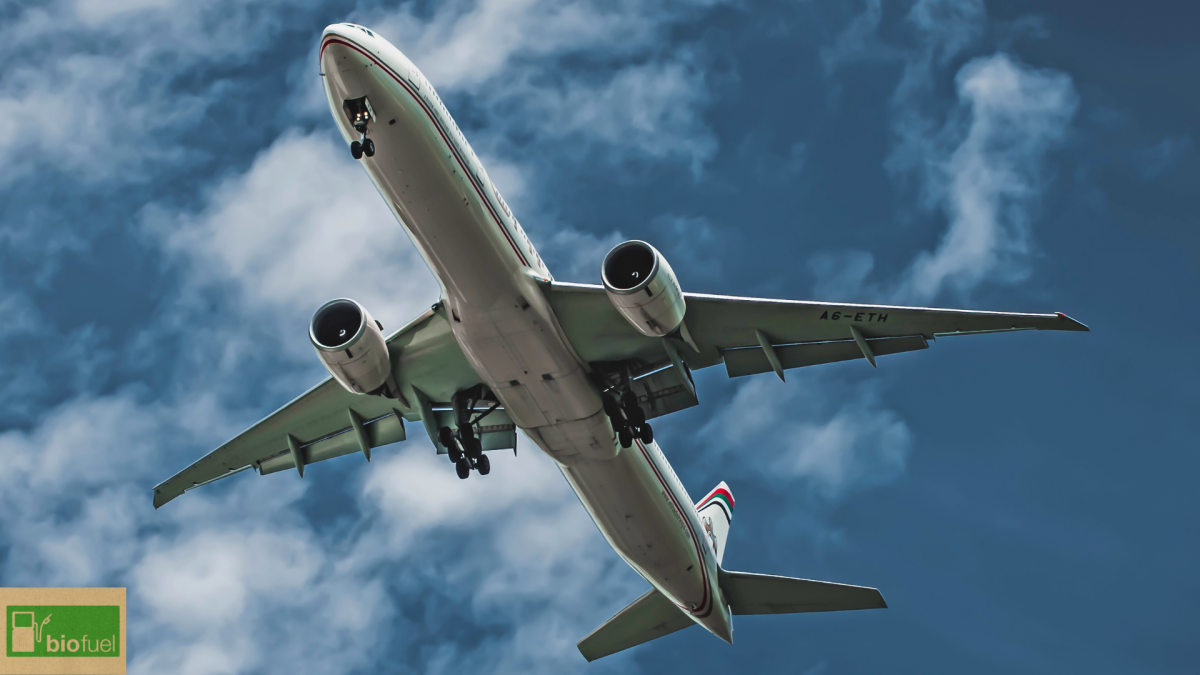Becoming more sustainable to attain net zero, or carbon-neutral emissions, is more important now than ever; the world needs to move to more sustainable practices. This starts with one of the primary contributors to climate change: airlines and planes. Ever since the emergence of the importance of alternative fuels, airlines have pledged, researched, and raced to turn to alternative fuel sources and go net zero.
In 2021, airlines utilized a total of 13.78 billion gallons of oil, this is relatively consistent from year to year. This accounts for roughly 2.5% of the world’s CO2 emissions and 10% of the United States’ total transportation emissions.
Going net zero allows companies to not only attain a good public image but also permits companies to push toward a carbon-neutral and clean world. In the airline industry, this race to go net zero has been seen by six major companies: Alaska Airlines, Delta, American Airlines, JetBlue, Southwest Airlines, and United Airlines. These airlines pledge statements such as, ‘Reduce, Replace, Offset, and Partner.’ to ‘Achieve carbon-neutrality across our global airline operations from March 1, 2020, forward,’ from Southwest and Delta Airlines respectively.
Airlines have extensively researched alternative aircraft fuels and systems to combat their carbon emissions. Some fuel alternatives include biofuels, electric-powered aircraft, hybrid systems, hydrogen, and synthetic aircraft fuels. These fuel alternatives can provide the industry with a more sustainable fuel that releases fewer carbon emissions.
Senior Achinteya Jayaram showed concern and insight towards the importance of alternative fuel sources to combat carbon emissions. “Since airlines utilize a lot of fuel and release carbon emissions, it’s for the better that they transfer over to more sustainable fuels,” Jayaram stated.
Jayaram further expanded on the topic of the importance of alternative and more sustainable fuels. “Research into these alternative fuels will not only allow for companies to go more carbon neutral, but the world as a whole will benefit from the technological advances,” he explained.
Junior Rithik Vijaykumar showed content towards the movement towards a more sustainable and carbon-free world. “It’s good to see airlines researching and innovating in the field of more sustainable and environmentally friendly fuels,” Vijaykumar remarked.
The pressure to convert to more sustainable practices can be attributed to the potential damage caused to the planet and its concerns with the health of the world. The importance of converting to more sustainable practices in the airline industry, whether it be environmental concerns, public pressure, or a regulatory requirement, many airlines and companies are striving to go net zero.









